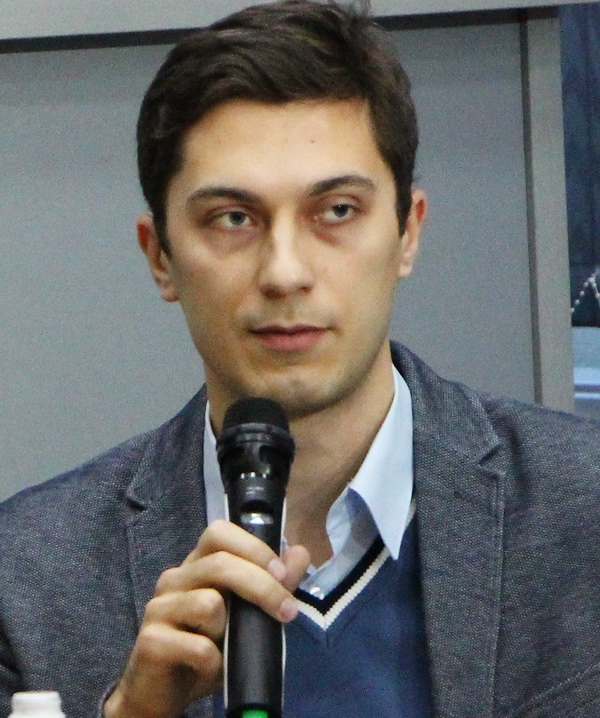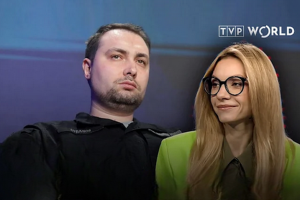Detainment of Mykola Martynenko: NABU continues its offensive
Olexiy Sydorchuk Political analyst, Democratic Initiatives Foundation |
On April 20 detectives of the National Anti-Corruption Bureau of Ukraine (NABU) detained former people’s deputy Mykola Martynenko, who won a seat in the parliament in the 2014 elections representing the People’s Front party, but voluntarily waivered his deputy mandate at the end of 2015. The NABU is accusing Martynenko of embezzlement of funds from the state enterprise Eastern Ore Enrichment Plant (EastOEP) through intermediary companies he controls. On April 22 the court released Martynenko on bail of several MPs; in response representatives of the Specialized Anti-Corruption Prosecutor (SAP) promised to appeal this ruling in an appellate procedure. |
As in the case with the detainment of the former head of the State Fiscal Service (SFS) Roman Nasirov, the NABU actions against Martynenko came as a surprise both to society and to representatives of the ruling power. This may serve as yet another confirmation of the independence of NABU from the influence of other power institutions. Testimony to this could be the fact that Martynenko even after waiver of his deputy mandate remains one of the key players in the Ukrainian political system, first and foremost thanks to his close ties with the leadership of the People’s Front and his influence on the deputies of this faction, which remains in the parliamentary majority.
The detainment of Martynenko and the allegations against him could testify to several motives in the actions of the NABU. On the one hand, several journalist investigations have previously on more than one occasion pointed to the probable complicity of Martynenko in acts of corruption exploiting his political influence, which is why the NABU clearly has a totally understandable goal of ceasing large-scale corruption deals. Besides that, among all the law enforcement bodies the NABU remains the only one that dares to investigate crimes committed by high-standing representatives of the current powers that be.
On the other hand, given the fact that the actions against Martynenko have been ongoing for more than a year now, the decision to detain him could also be testimony to the desire of the NBAU leadership to secure its own reputation as an independent anti-corruption body. As the case of Nasirov showed, the gather of evidence and proving the guilt of an influential political figure can last long, while the success of such actions is not guaranteed, however in order to reinforce its high profile the NABU must regularly demonstrate to society that it is constantly active. This is particularly important for this body in connection with the oncoming external audit of its activity.
Clearly, in the case of Martynenko it is not worth expecting a quick court ruling. With the doubts as to the independence of the NABU are becoming less and less over time, the fate of allegations against Martynenko and Nasirov will be a serious test for the NABU of its professionalism. The prospects of launching a genuine crackdown on corruption in the country to a great degree also depend on this. Herewith, given the deeply entrenched and rampant corruption practices in the environment of the Ukrainian political elite, the NABU will not likely be able to come out as the winner from such fierce competition on its own: for this it will need the support of opposition politicians, civil society and even foreign partners.









